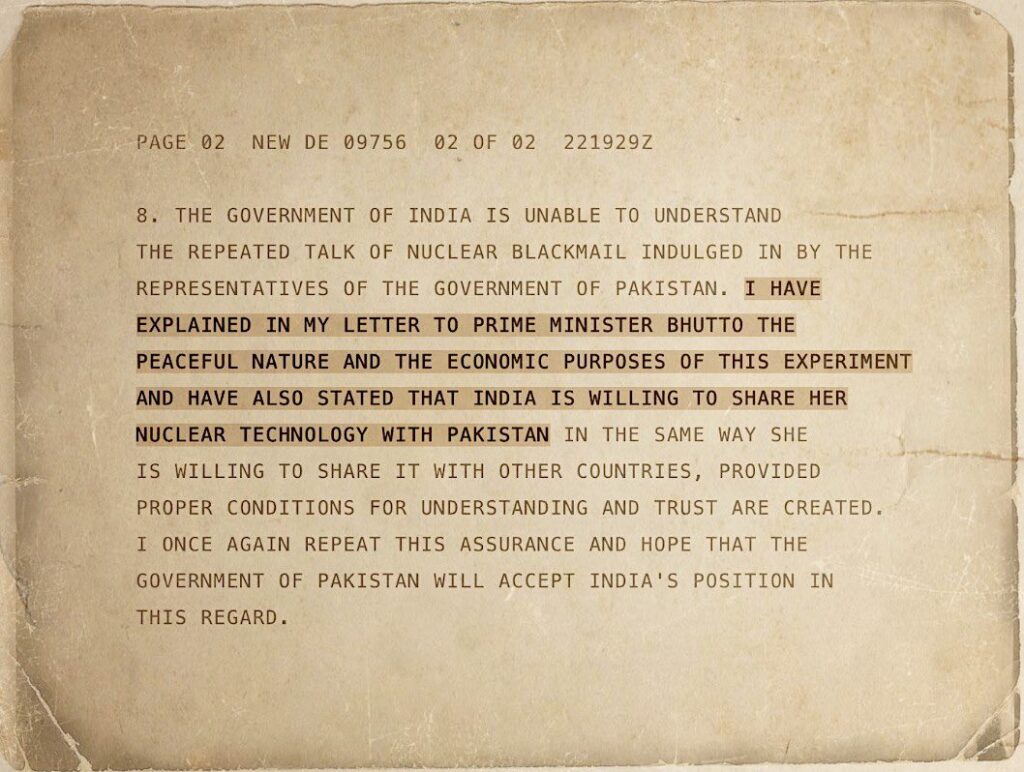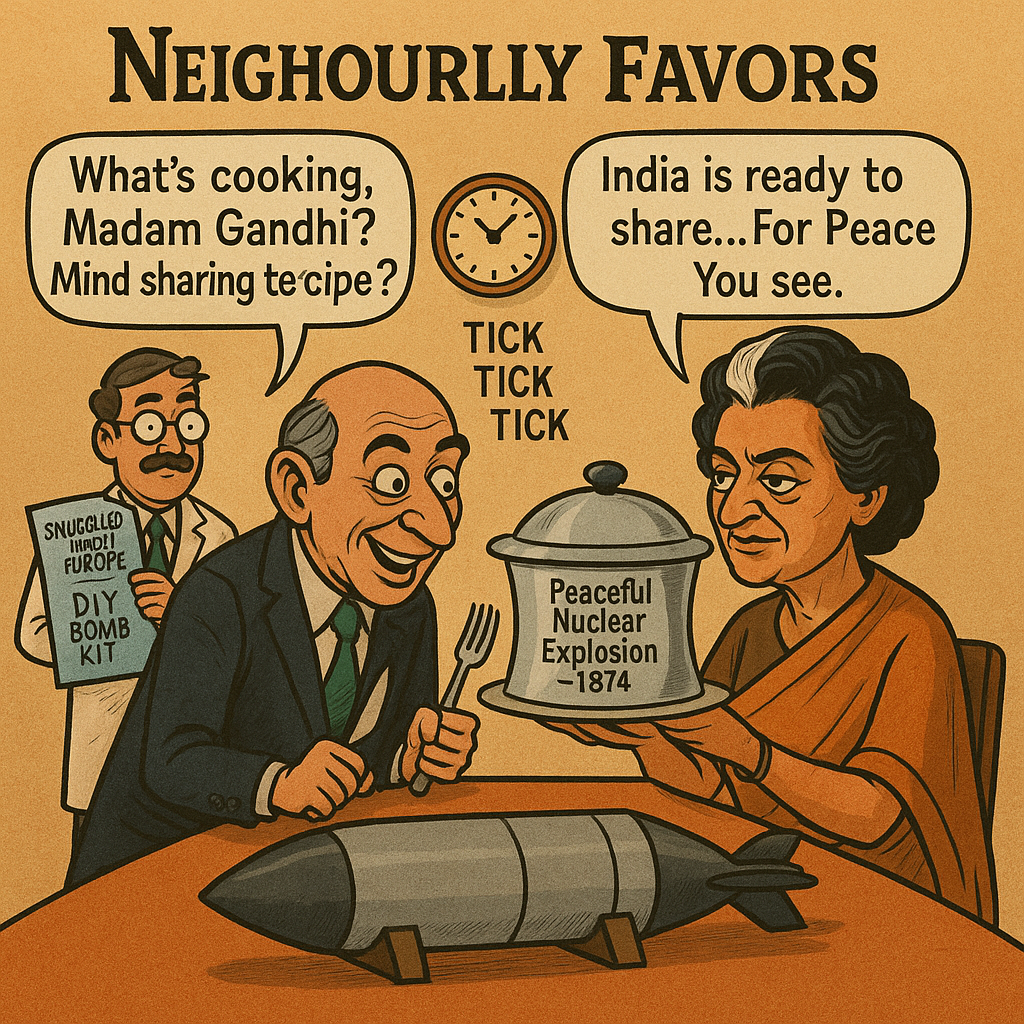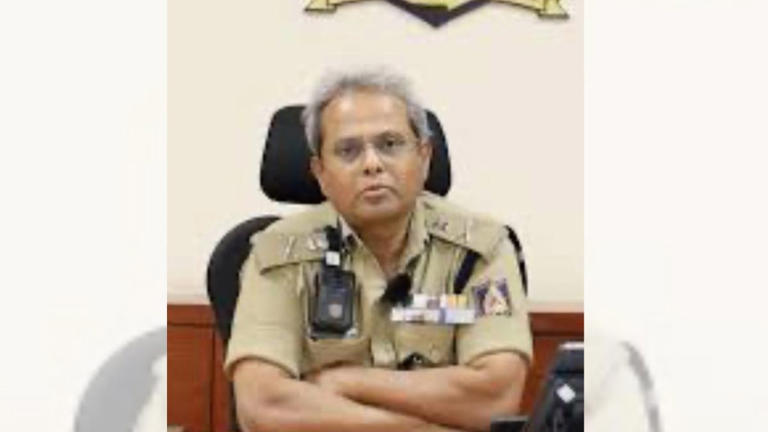The WikiLeaks Claim: Indira Gandhi’s Nuclear Offer to Pakistan
A shocking revelation from WikiLeaks raises serious questions about India’s past nuclear diplomacy and Indira Gandhi’s controversial offer to Pakistan in 1974. A question that’s gaining renewed attention: Did former Indian Prime Minister Indira Gandhi really offer nuclear technology to Pakistan? According to WikiLeaks revelations, the answer appears to be yes—and this has reignited debate over India’s nuclear diplomacy history.
In 1974, shortly after India conducted its first nuclear test under Indira Gandhi’s leadership, it was reportedly revealed through US Embassy communications quoted by WikiLeaks that Indira Gandhi offered nuclear technology to Pakistan. The offer was said to be for peaceful purposes, but given the deep-rooted tensions between the two nations, the gesture has raised serious concerns in hindsight.

Indira Gandhi is believed to have sent a formal letter to then Pakistani Prime Minister Zulfikar Ali Bhutto, extending this controversial offer. However, Pakistan rejected the proposal. Analysts believe that Gandhi’s strategic calculation was to bring Pakistan under the global nuclear framework by offering cooperation, thereby allowing India to monitor Pakistan’s nuclear development more closely. But this gambit backfired. Instead of improving oversight, it triggered sanctions on India and did little to prevent Pakistan from developing its own nuclear weapons later.
Why This Nuclear Offer Still Sparks Debate Today
The Congress party, which often invokes Indira Gandhi’s legacy for political mileage, now finds itself under scrutiny for this revelation. Critics argue that offering nuclear technology to Pakistan, even for peaceful use, reflects a dangerously trusting approach to a long-time adversary.
In the current political climate, where Prime Minister Narendra Modi’s decisive foreign policy and military operations like Operation Sindoor are being praised, Congress’s past miscalculations are being brought into the spotlight. The argument is clear: while the current government is taking a hard stance on Pakistan, previous administrations, especially under Indira Gandhi and Manmohan Singh, made strategic blunders. In fact, the transcript also highlights how Prime Minister Manmohan Singh allowed Balochistan to be mentioned in a joint statement with Pakistan in 2009—a significant diplomatic setback for India, as it inadvertently legitimized Pakistan’s false narrative that India was interfering in Balochistan.
What This Means for India’s Foreign Policy Legacy
This WikiLeaks revelation isn’t just about the past. It plays directly into today’s political discourse about national security, nuclear policy, and how India projects its power on the global stage. Indira Gandhi’s nuclear offer and Manmohan Singh’s Balochistan misstep are being used to contrast with PM Modi’s assertive foreign diplomacy, including international efforts to expose Pakistan on terrorism.
As Indian MPs prepare to visit various countries to present a united front on national security, questions about past policies are being revisited. While diplomacy often involves complexity, the idea that India was willing to share sensitive nuclear technology with a hostile neighbor remains controversial—and continues to shape how the public views political leadership across eras.





















